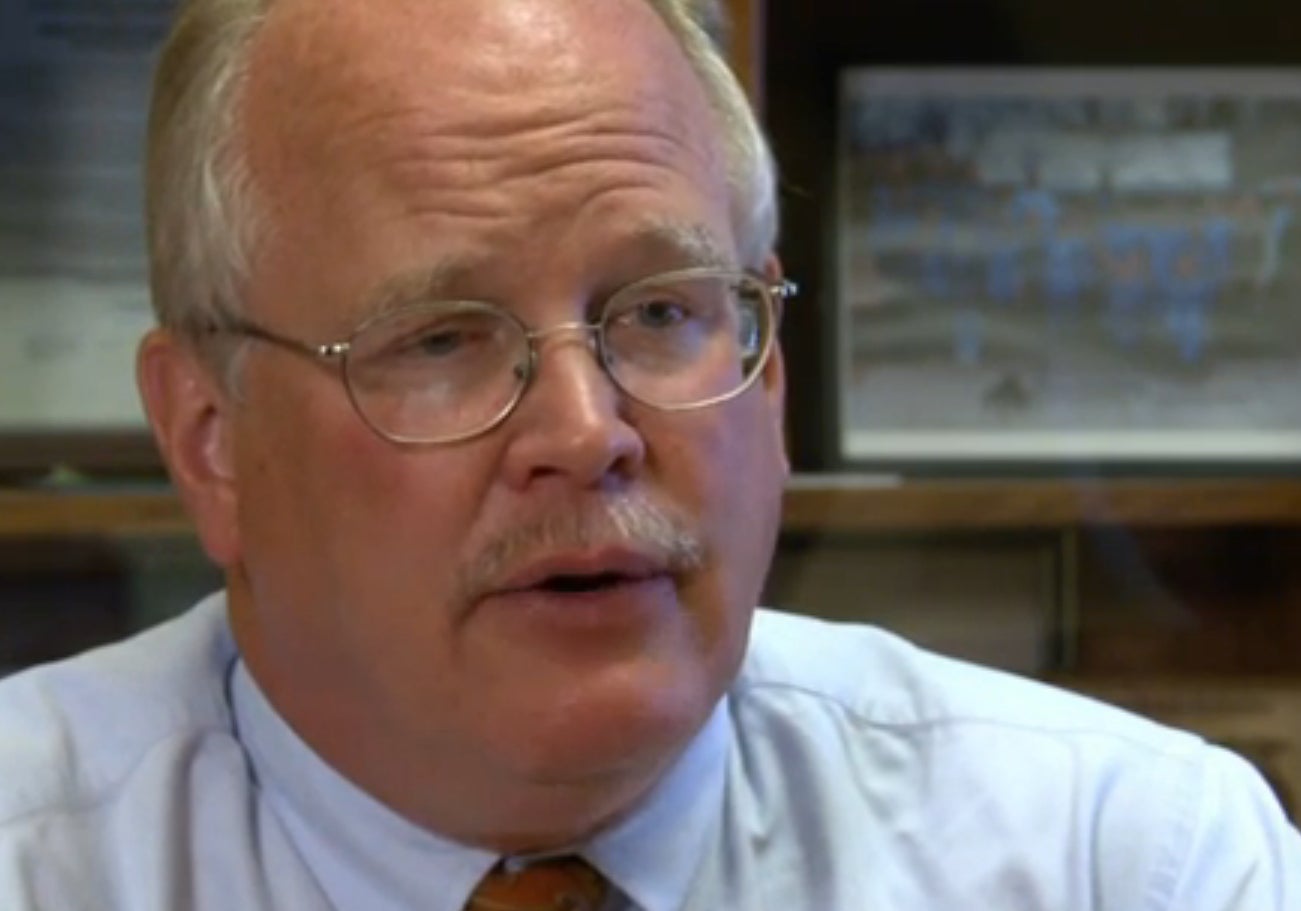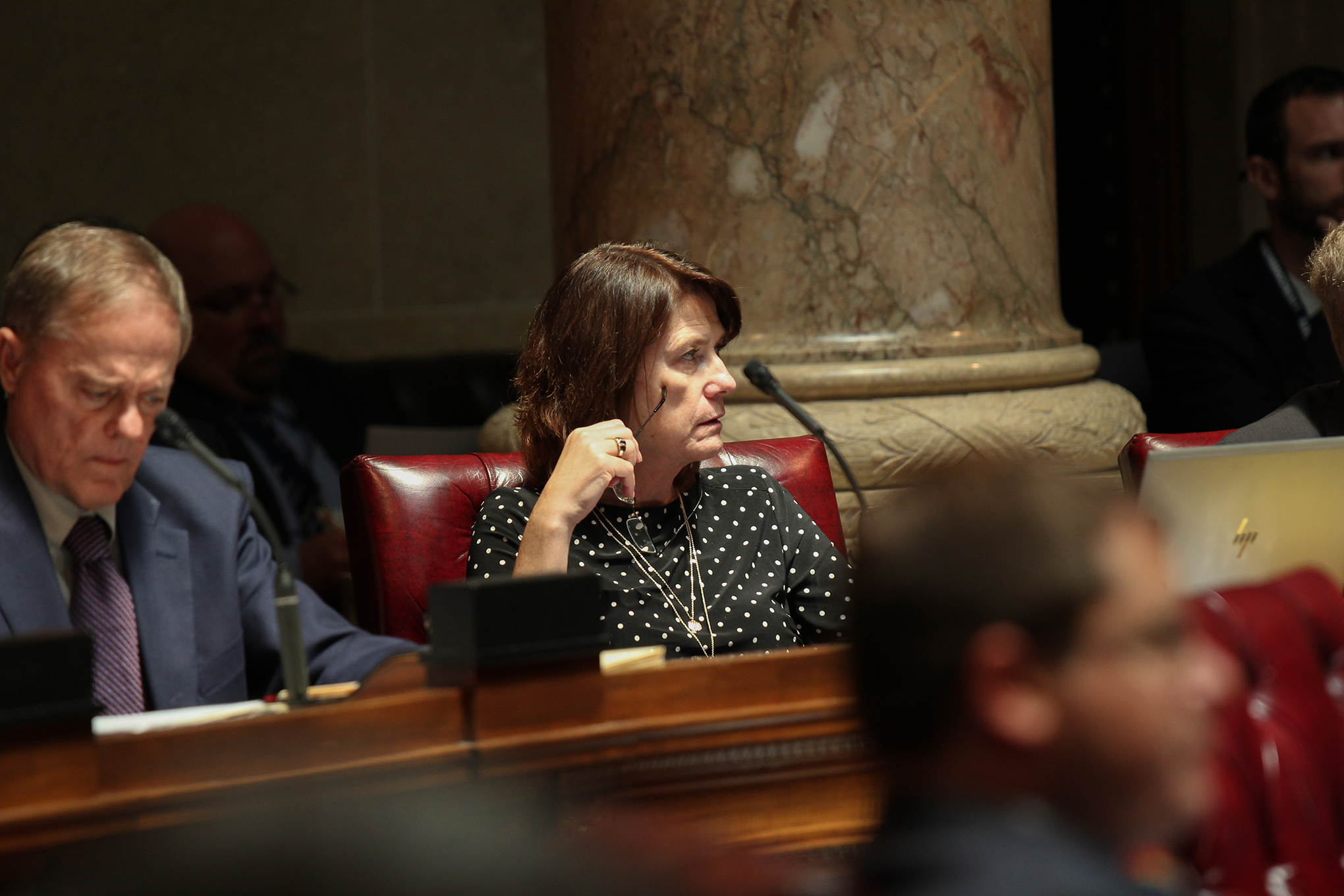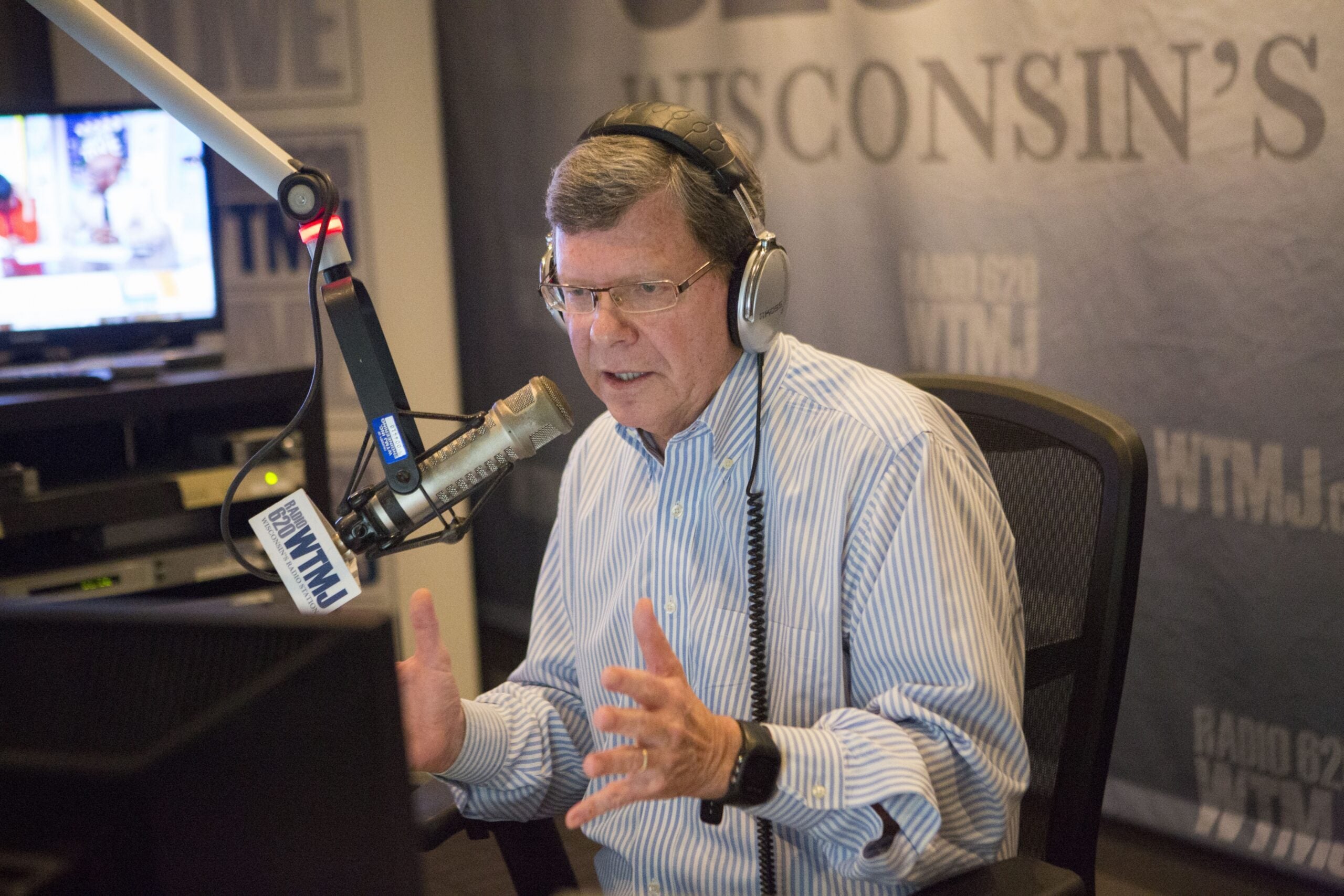State Sen. Dale Schultz, R-Richland Center, has announced he won’t seek re-election, saying he began to part ways with Republicans as the Tea Party rose to prominence in American politics.
Less than a decade ago, Schultz was the Republican majority leader in the state Senate, but had he run for re-election this year, he would have faced a well-funded and well-organized GOP primary from state Rep. Howard Marklein, R-Spring Green.
Schultz took key votes in the last two sessions that angered many Republicans. Schultz was the only Republican senator to vote against Act 10, and he was the only Republican in the entire Legislature to buck his party on Wisconsin’s new mining law.
Stay informed on the latest news
Sign up for WPR’s email newsletter.
Schultz said he can’t point to any specific votes to describe where he parted ways with Republicans. Instead, he cited the rise of the Tea Party.
Schultz: “You know, our life has in recent years sort of been steered by a group of people with enormous power and very powerful media organs, and they’ve sort of picked at the scab of the carnage of the Great Recession. It’s a damn poor kind of leadership when people seek to divide, don’t appeal to the best of people. They appeal to the worst.”
Schultz said he still considers himself a Republican, and that his mentors include Teddy Roosevelt and Dwight Eisenhower. However, he considered running as an independent, even though he said he still thinks he could have won re-election as a Republican.
“It would be easier on me running in one election rather than to have to go through two,” said Schultz. “It would certainly have given me more freedom to represent my constituents, so yeah, I certainly considered it.”
Schultz’s departure from politics leaves the race for his Senate seat more clear cut. Democrats view the Schultz seat as their best shot at a pickup in 2014, and Republicans view it as a chance to make the Senate more conservative.
Wisconsin Public Radio, © Copyright 2025, Board of Regents of the University of Wisconsin System and Wisconsin Educational Communications Board.





